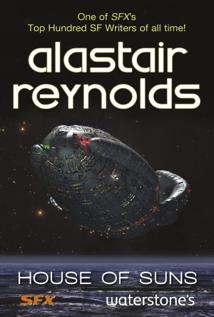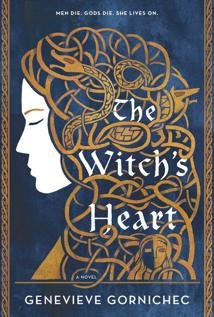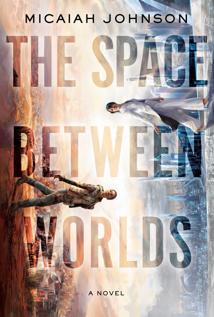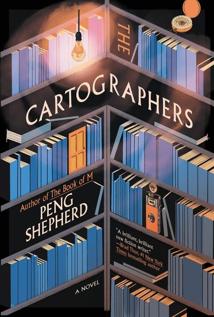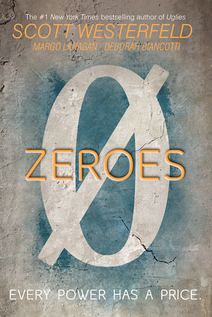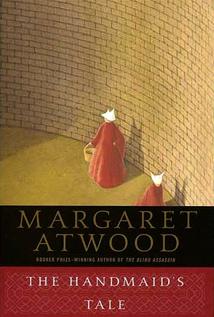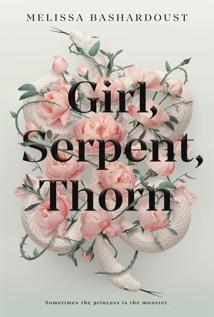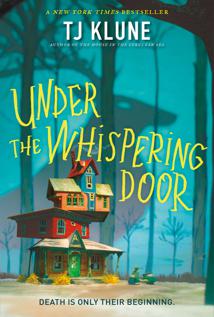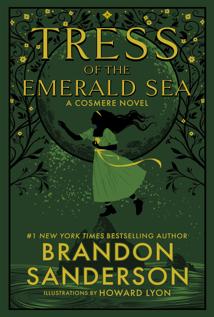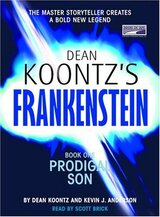Nolite te bastardes carborundorum.
Take the extremist end of the American Protestant religious right. Give them everything they want (plus some) over the span of years (if not months).
Men have taken absolute power. In a world with (dramatically) declining birth rates, women are owned by the state. Their bodies are nothing more than a vessel for their wombs. They can’t travel alone, can’t be seen, can’t own property.
Like any good story of this sort, it takes a potential problem–an idea–and turns it up to eleven. It goes steps further than anything we’ve seen in modern times–or at least differently. The closest analogue I’m aware of is probably the events around the Iranian Revolution in 1979. By 1981, hijab were mandatory (there’s more to the history there; even before, hijab were seen as a method of protest against Westernization). Given this book was released in 1985, it seems… potentially related.
It’s… terrifying.
All the more so, for all those men (often in positions of power) that even today see it less as a cautionary tale and more something to aspire to.
Oy.
Don’t let the bastards grind you down.
